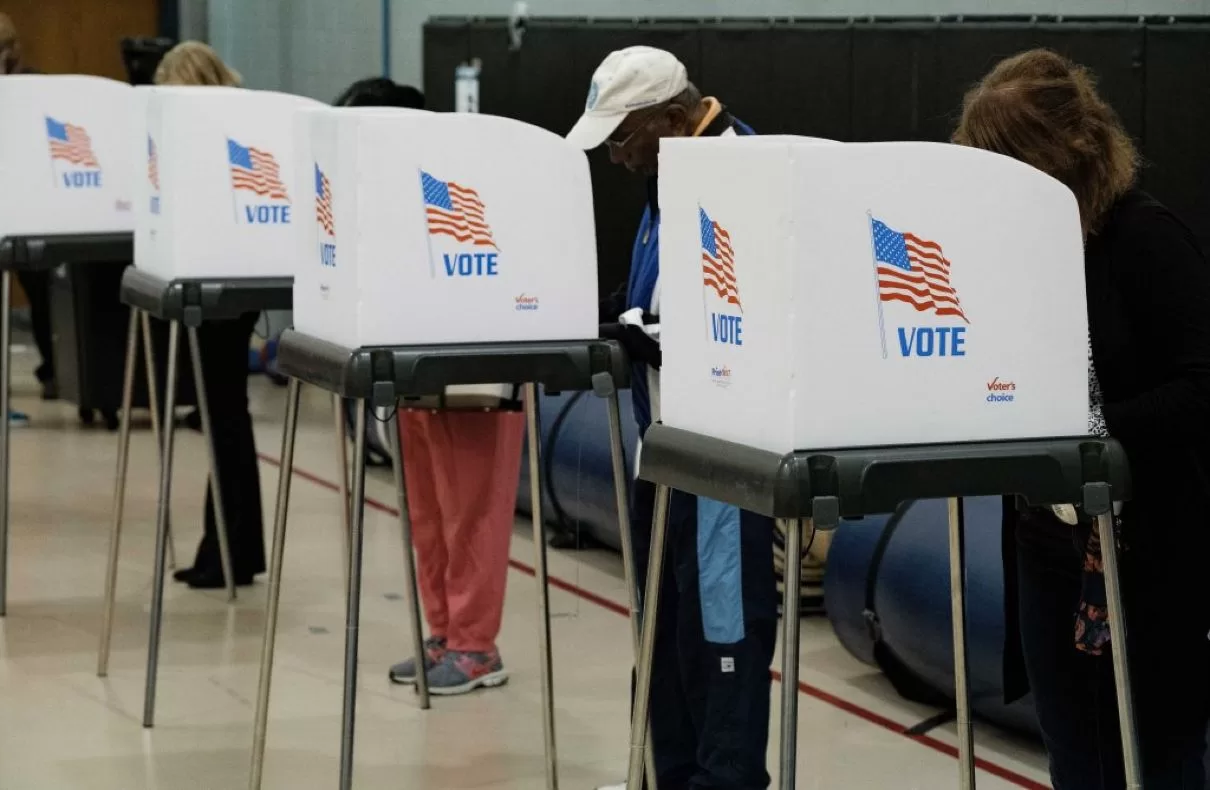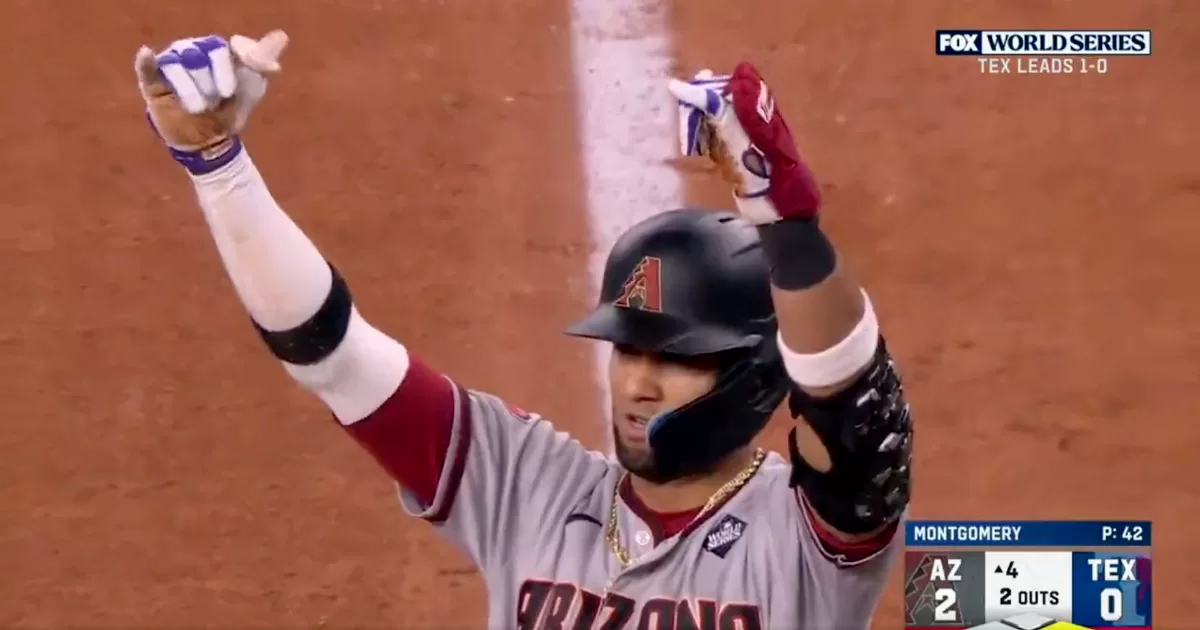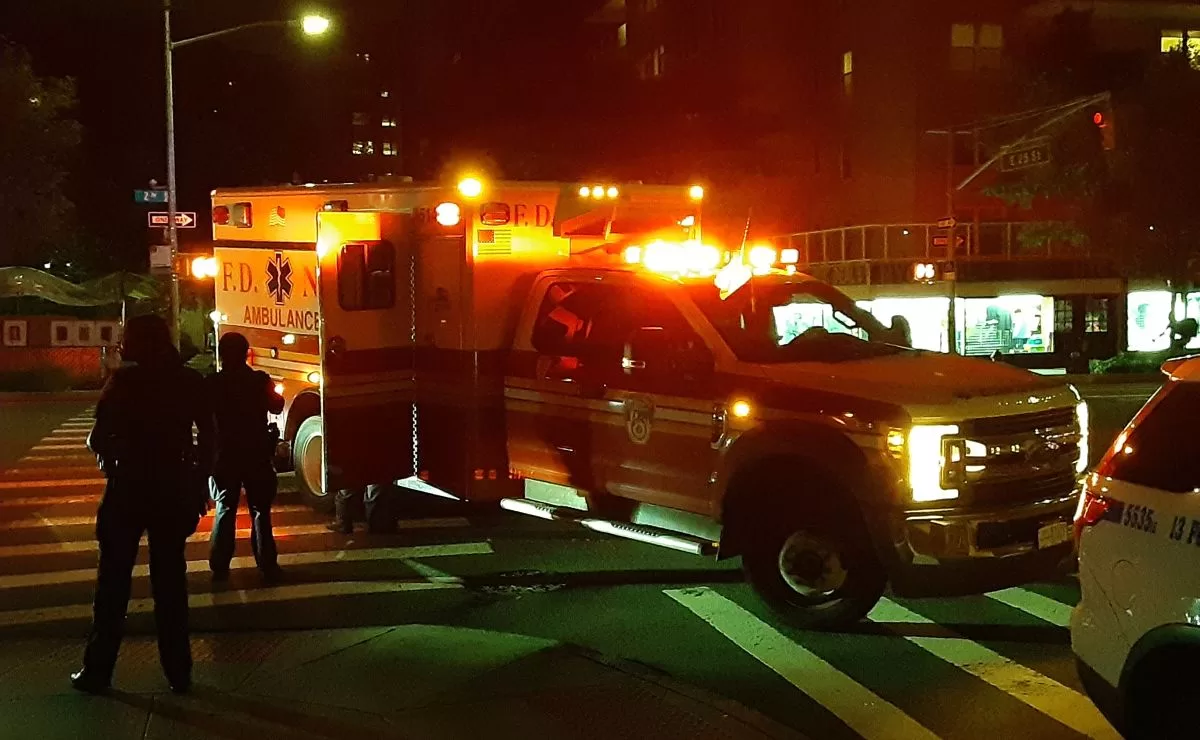The U.S. Court of Appeals for the Eighth Circuit ruled that only the federal government can bring a legal challenge under Section 2 of the Voting Rights Act. This section prohibits voting practices that discriminate against Americans based on race.
The ruling threatens a foundational section of the Voting Rights Act, which allows private citizens to sue or bring up complaints arguing they were discriminated against in voting.
The ruling was made in an Arkansas redistricting lawsuit. It could set up the next U.S. Supreme Court fight that could further limit the reach of the Voting Rights Act’s protections for people of color.
The Supreme Court previously invalidated Section 4(b) of the Voting Rights Act in the Shelby County v. Holder ruling. This section provided the formula for determining which jurisdictions were covered under Section 5.
The vast majority of Voting Rights Act cases are filed by private parties. For instance, the case that prompted the Supreme Court earlier this year to strike down Alabama’s congressional map was originally filed by a coalition of civil rights groups.
Monday’s decision upheld a 2022 ruling from U.S. District Judge Lee Rudofsky, an Arkansas federal judge appointed by former Republican President Donald Trump, that only the U.S. attorney general is empowered to file lawsuits under section 2 of the Voting Rights Act. That provision prohibits voting rules that are racially discriminatory.
In a 2-1 decision, the 8th Circuit Court of Appeals said the text of the Voting Rights Act does not lay out a “private right of action,” even though courts including the Supreme Court have taken on such cases for decades.
“Assuming their existence, and even discussing them, is different from actually deciding that a private right of action exists,” Circuit Judge David Stras, writing for the majority, said. Stras, a Trump appointee, was joined by Circuit Judge Raymond Gruender, who was appointed by former Republican President George W. Bush.
In a dissent, Chief Judge Lavenski Smith, also a Bush appointee, said he would have followed existing precedent unless Congress or the Supreme Court said otherwise.
Sophia Lin Lakin, the director of the American Civil Liberties Union’s voting rights project and a lawyer for the plaintiffs, in a statement called the ruling a “travesty for democracy.” The plaintiffs said they were considering their legal options.





